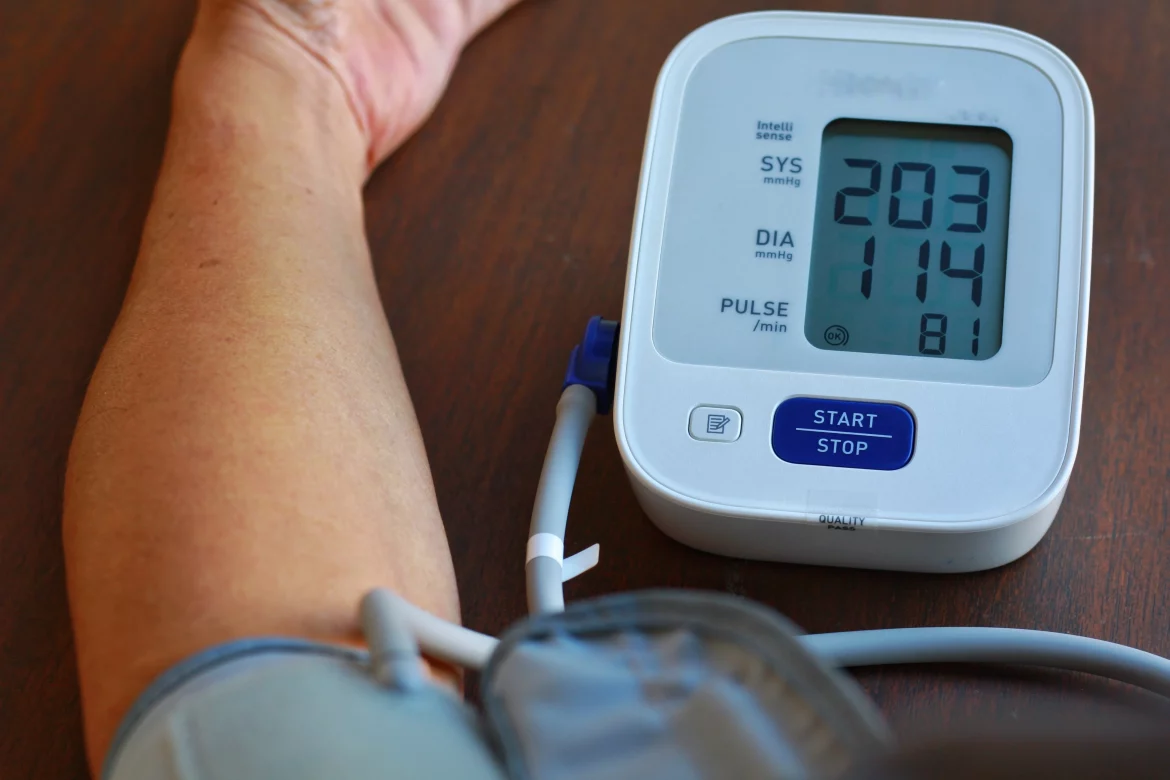High blood pressure, also known as hypertension, is typically associated with older adults. However, it can also affect teenagers, albeit less frequently. When high blood pressure occurs in teenagers, it can be a cause for concern and requires attention to prevent potential health complications. In this article, we will explore the various factors that can contribute to high blood pressure in teenagers, including lifestyle habits, underlying medical conditions, and genetic factors.
Lifestyle Factors
One of the primary causes of high blood pressure in teenagers is unhealthy lifestyle habits. These can include:
1. Poor Diet: Consuming excessive amounts of sodium, saturated fats, and processed foods can contribute to high blood pressure. A diet lacking in fruits, vegetables, and whole grains can also be a risk factor.
2. Lack of Physical Activity: Sedentary behavior, such as spending long hours in front of screens and not engaging in regular physical activity, can lead to weight gain and increased blood pressure.
3. Obesity: Being overweight or obese puts extra strain on the heart and blood vessels, leading to higher blood pressure readings.
4. Smoking and Substance Abuse: Tobacco use, vaping, and illicit drug use can all contribute to elevated blood pressure levels in teenagers.
Underlying Medical Conditions
In some cases, high blood pressure in teenagers can be caused by underlying medical conditions. These may include:
1. Kidney Disease: Conditions such as chronic kidney disease or kidney abnormalities can affect blood pressure regulation.
2. Endocrine Disorders: Hormonal imbalances, such as in conditions like hyperthyroidism or Cushing’s syndrome, can impact blood pressure levels.
3. Sleep Apnea: Teenagers with untreated sleep apnea may experience episodes of interrupted breathing during sleep, leading to increased blood pressure.
4. Heart Conditions: Certain congenital heart defects or acquired heart conditions can contribute to hypertension in teenagers.
Genetic Factors
Family history plays a role in determining an individual’s risk of developing high blood pressure. If parents or close relatives have a history of hypertension, teenagers may be more predisposed to experiencing high blood pressure themselves.
Stress and Mental Health
Chronic stress, anxiety, and mental health disorders can also contribute to elevated blood pressure in teenagers. The body’s response to stress hormones can temporarily raise blood pressure, and ongoing stress can lead to long-term hypertension if not managed effectively.
Medications and Supplements
Some medications and supplements, especially when used improperly or in excess, can affect blood pressure levels in teenagers. These may include certain over-the-counter medications, prescription drugs, or supplements marketed for weight loss or performance enhancement.
Prevention and Management
Preventing and managing high blood pressure in teenagers involves a combination of lifestyle modifications, medical interventions, and regular monitoring. Here are some strategies:
1. Healthy Diet: Encourage teenagers to adopt a balanced diet rich in fruits, vegetables, lean proteins, and whole grains while limiting sodium, sugar, and saturated fats.
2. Regular Exercise: Promote regular physical activity and limit sedentary behaviors. Aim for at least 60 minutes of moderate to vigorous activity most days of the week.
3. Maintain a Healthy Weight: Encourage weight management through a combination of healthy eating and regular exercise.
4. Avoid Smoking and Substance Use: Educate teenagers about the dangers of smoking, vaping, and substance abuse, emphasizing the impact on blood pressure and overall health.
5. Manage Stress: Teach stress management techniques such as mindfulness, deep breathing exercises, and healthy coping strategies for dealing with stressors.
6. Regular Check-ups: Ensure teenagers have regular medical check-ups, including blood pressure screenings, to monitor their overall health and detect any potential issues early.
7. Medical Treatment: In cases where high blood pressure is due to an underlying medical condition, medical treatment and management by healthcare professionals may be necessary.
Conclusion
While high blood pressure in teenagers is less common than in adults, it can still occur and should not be overlooked. By understanding the various causes and risk factors, promoting healthy lifestyle habits, and seeking appropriate medical care when needed, teenagers can effectively manage and reduce their risk of hypertension, leading to better long-term health outcomes.

